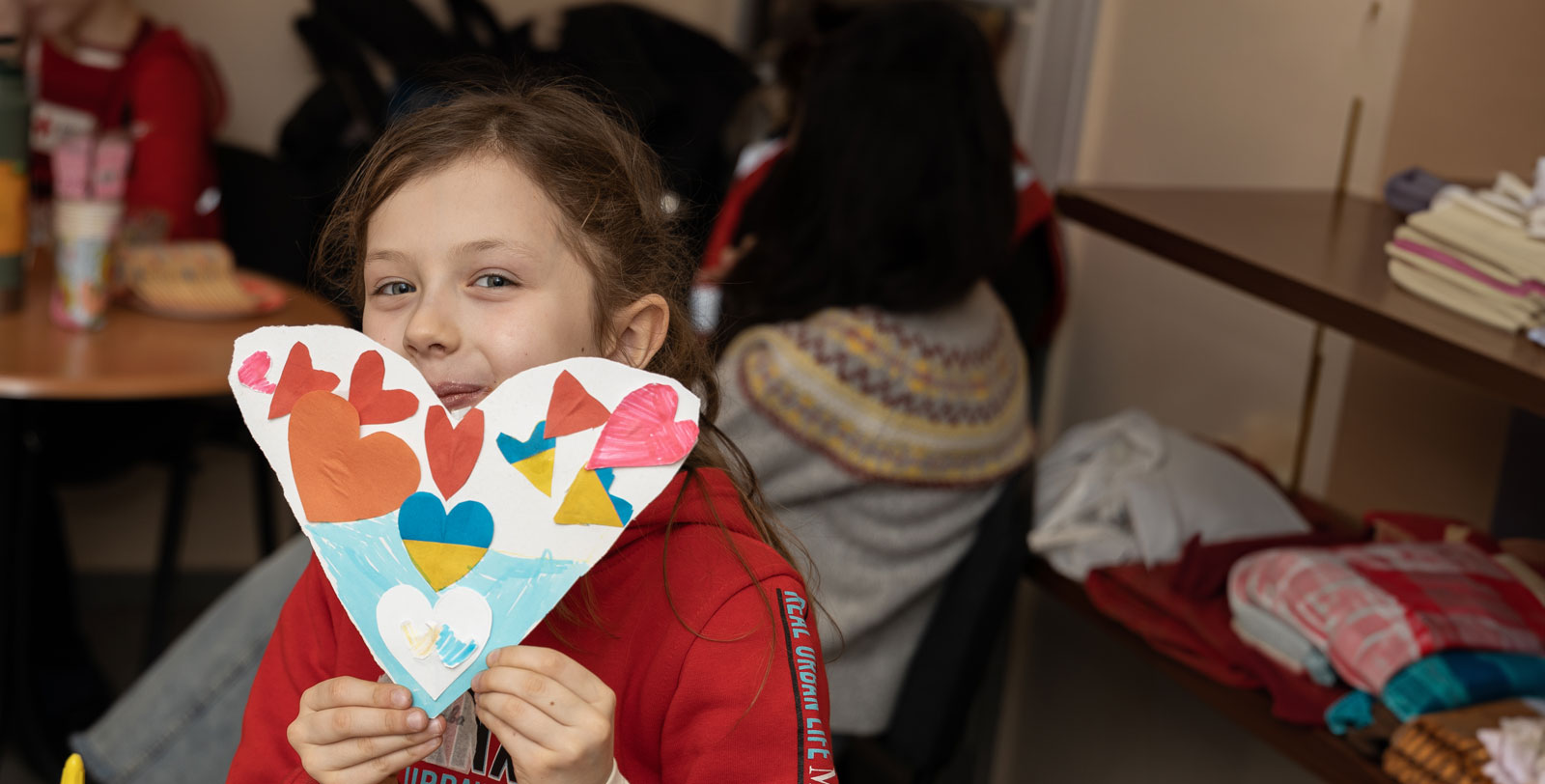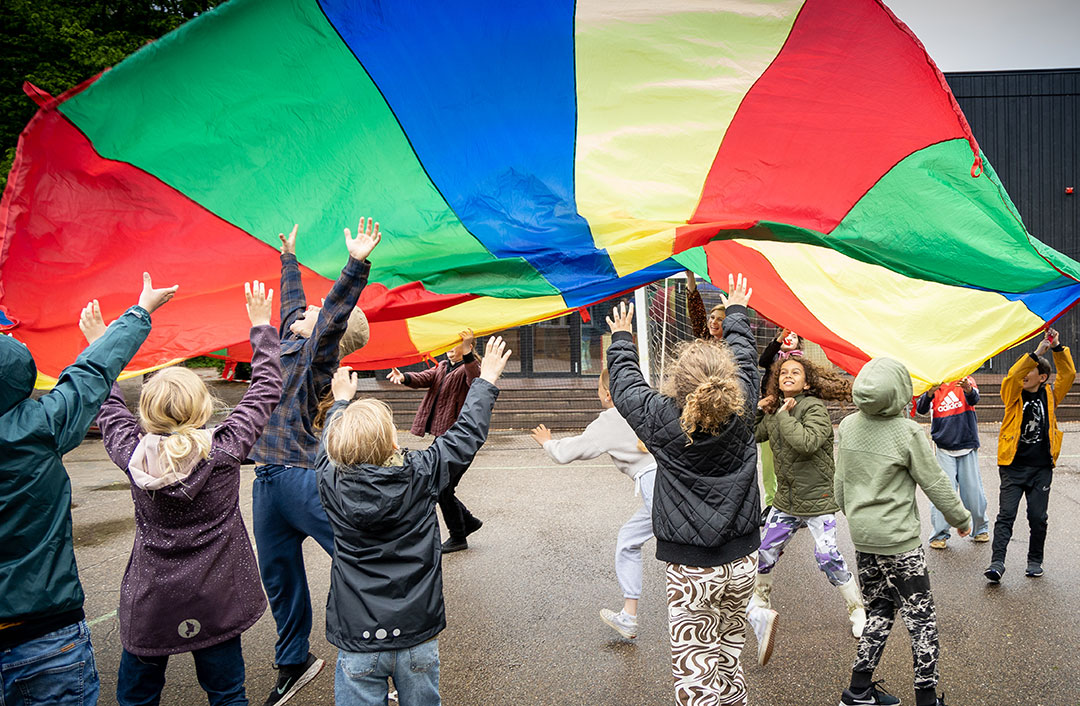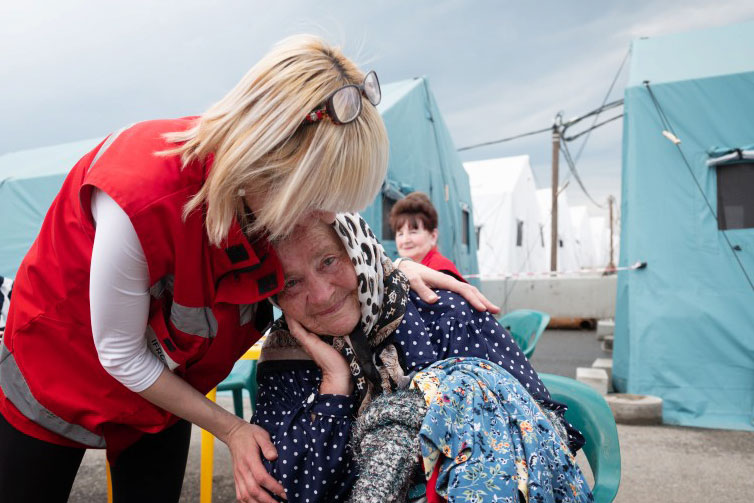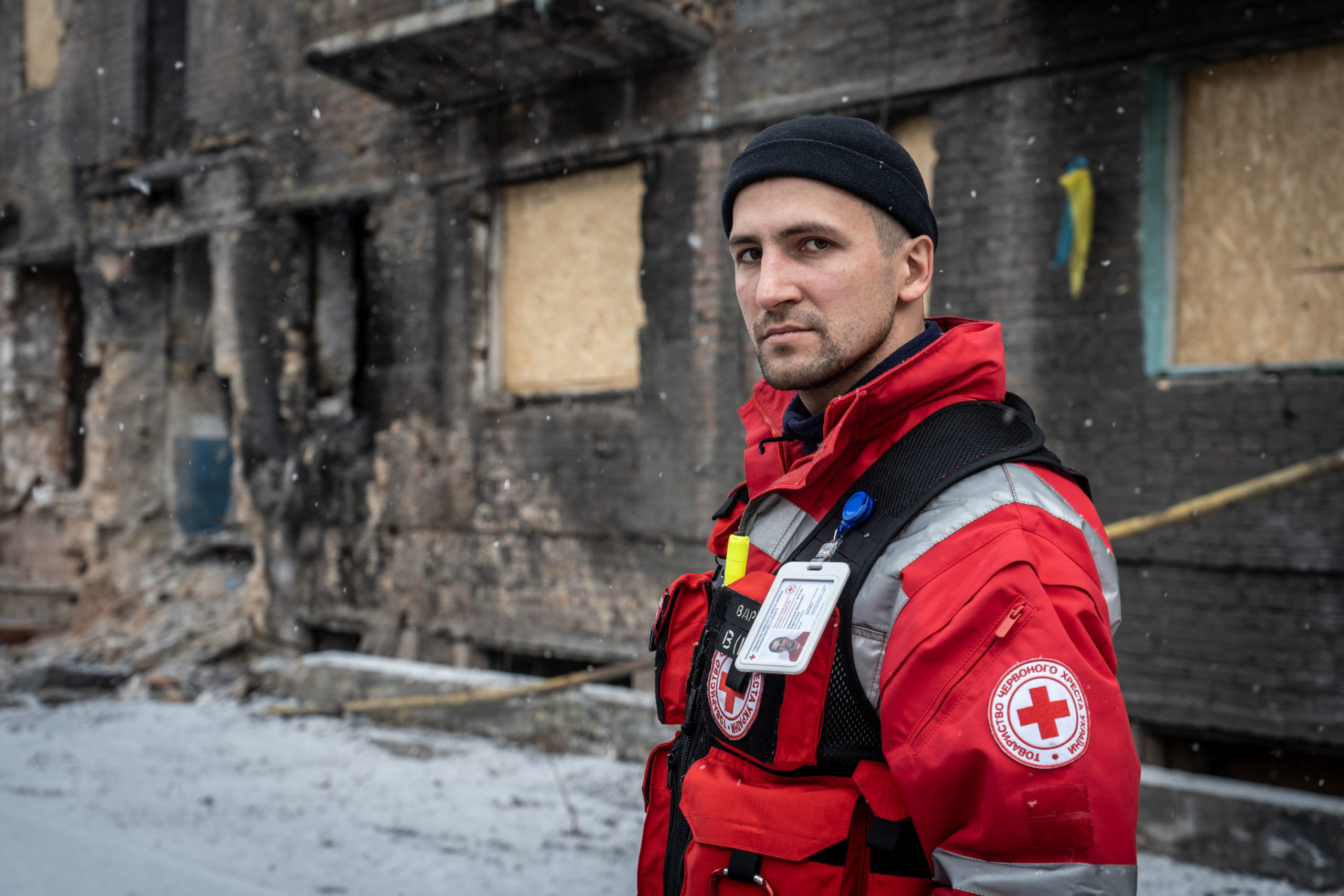The Olympic Refuge Foundation (ORF) is collaborating with the IFRC Psychosocial Centre, to deliver Sport Coach+, a foundational skills training in trauma-informed coaching practice designed to reach 100,000 young people, including those affected by the displacement crisis resulting from the conflict in Ukraine.
The roll out of Sport Coach+ intends to equip up to 2,500 community sport coaches with the knowledge, skills and techniques to create safe and supportive sport environments which allow them to recognise and respond to young people in distress situations in ways that are trauma-informed. The first training of trainers is taking place this week in Sofia, Bulgaria and will be followed by trainings in Prague, Bucharest and Warsaw. The joint initiative between the ORF and IFRC PS Centre focuses on young people internally displaced within Ukraine as well as countries hosting a high number of Ukrainian refugees, many of whom are young people, including Bulgaria, Czechia, Romania, Moldova, Poland, Slovakia and Germany.
Jojo Ferris, Head of the ORF, said: “Aware of a growing evidence base supporting the role of sport and physical activity in contributing to mental health and psychosocial support (MHPSS) outcomes, the ORF initially started working with leading mental health experts through the Olympic Refuge Foundation Think Tank. Together they developed an introductory training aimed at coaches, sport clubs, National Olympic Committees (NOC) and National Federations (NFs) interfacing with displaced young people from Ukraine.”
She added: “After we piloted the Sport Coach + approach in France, Moldova and Poland we knew that to realise the scale of our ambition, we needed a partner with the reach, expertise and capacity to roll the training out at scale. The IFRC PS Centre was very receptive to embark on the next stage of this innovative project with us and together we are now making this a reality.”
Nana Wiedemann, Director for the IFRC PS Centre, said: “More than two-years on from the escalation of the armed conflict in Ukraine, millions of people have been displaced and are starting over in new contexts while dealing with traumatic experiences. With continued needs and limited capacity, a safe and supportive sport environment can make a real difference for the well-being and resilience of young people.”
To bring Sport Coach+ to life and embed it in local communities and sport ecosystems, the ORF and IFRC PS Centre are working closely with National Olympic Committees and National Societies of the Red Cross.
Specifically, in order to achieve its outcomes, the Sport Coach+ programme intends to:
- Develop training and guidance materials on safe and supportive sports translated into 8 languages and made freely available online
- Engage up to 2,500 community sport coaches in target countries in Sport Coach+ training
- Create opportunities for learning and exchange of practices among sport coaches and provide them with mentoring and guidance




